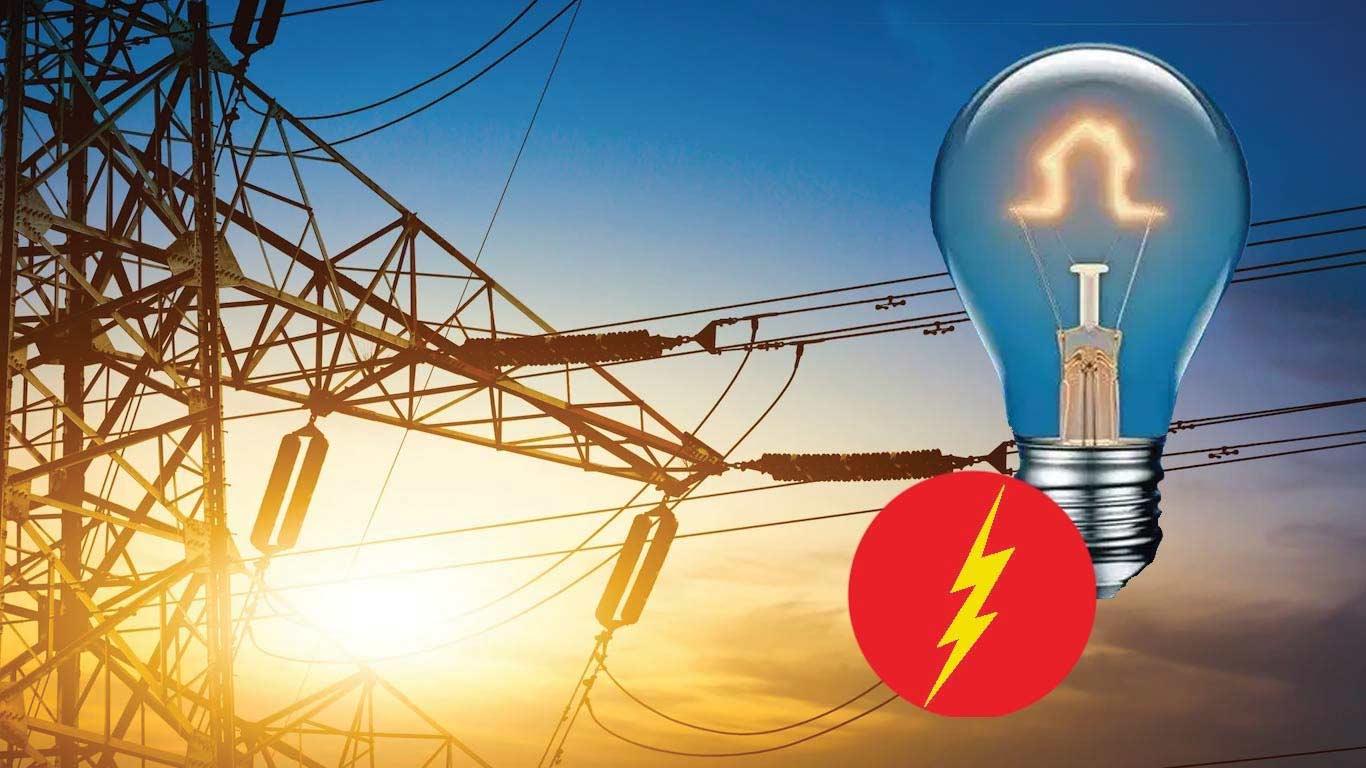
New Bill Aims To Reform India's Electricity Distribution System
The new Bill proposes to allow multiple suppliers - both public and private - to operate in the same area, supervised by the State Electricity Regulatory Commissions (SERCs).
This would give consumers a choice of electricity providers, similar to how they choose telecom operators, encouraging efficiency and better service.
Currently, electricity distribution in most states is controlled by a single state-run discom, which functions as a monopoly.
The government insists competition will not raise electricity costs. Instead, it is expected to lower losses from power theft and transmission issues, reduce duplication of infrastructure, and improve financial health across discoms.
Subsidised tariffs for farmers and poor households will remain unchanged, but subsidies will be made more transparent and better targeted.
A key reform is the introduction of cost-reflective tariffs, where power rates reflect the true cost of generation and supply.
This aims to prevent discoms from running debts and depending on state bailouts. Cross-subsidies - where industries pay more to fund cheaper power for others - will be replaced by direct government subsidies.
Private players using public power networks will pay regulated“wheeling charges” set by SERCs, ensuring fair compensation and maintenance of infrastructure.
All suppliers will also have to meet a Universal Service Obligation, serving every consumer in their area.
The Centre says the Bill promotes“cooperative federalism” by preserving state powers while introducing a consultative Electricity Council to coordinate national reforms.
The Bill aims to bring competition into electricity supply, improve financial discipline, and make power distributors more accountable while keeping subsidies for farmers and low-income households intact.
(KNN Bureau)
Legal Disclaimer:
MENAFN provides the
information “as is” without warranty of any kind. We do not accept
any responsibility or liability for the accuracy, content, images,
videos, licenses, completeness, legality, or reliability of the information
contained in this article. If you have any complaints or copyright
issues related to this article, kindly contact the provider above.


















Comments
No comment